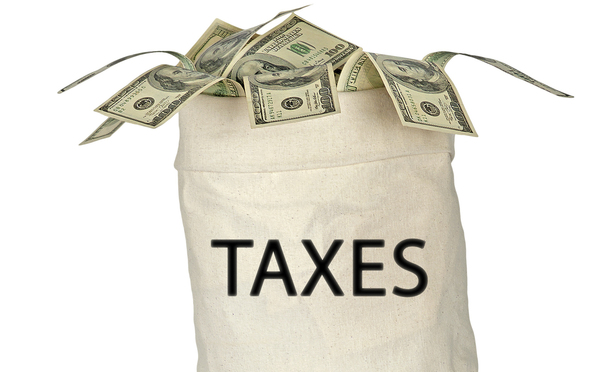With the real estate market once again heating up, condominium conversions are becoming quite common again. What many real estate developers do not account for when they essentially subdivide their property is what happens to the real estate taxes due on account of these now separately assessed condominium units.
Prior to the condominium conversion, the property receives a single assessment as to the property’s fair market value. When a condominium conversion takes place, however, each of the condominium units receive their own real estate tax assessment from the local taxing authority based upon that condominium unit’s fair market value.
This content has been archived. It is available through our partners, LexisNexis® and Bloomberg Law.
To view this content, please continue to their sites.
Not a Lexis Subscriber?
Subscribe Now
Not a Bloomberg Law Subscriber?
Subscribe Now
LexisNexis® and Bloomberg Law are third party online distributors of the broad collection of current and archived versions of ALM's legal news publications. LexisNexis® and Bloomberg Law customers are able to access and use ALM's content, including content from the National Law Journal, The American Lawyer, Legaltech News, The New York Law Journal, and Corporate Counsel, as well as other sources of legal information.
For questions call 1-877-256-2472 or contact us at [email protected]



